The financial landscape is evolving, and startups are finding innovative ways to raise capital and expand their businesses. One of the most revolutionary methods gaining traction is Real World asset tokenization services in Dubai . This blockchain-powered approach allows businesses to convert real-world assets into digital tokens, making fundraising more efficient, secure, and accessible to a global investor base.
In this article, we will explore how startups can leverage asset tokenization for fundraising and growth, the benefits it offers, and key considerations before adopting this transformative technology.
What is Asset Tokenization?
Asset tokenization is the process of converting rights to an asset into digital tokens on a blockchain network. These tokens represent ownership in assets such as real estate, stocks, bonds, art, intellectual property, or even commodities.
Unlike traditional investment models, tokenized assets enable fractional ownership, greater liquidity, and faster transactions, all while ensuring transparency and security.
How Does Asset Tokenization Work?
- Asset Selection – The startup chooses an asset to tokenize (e.g., equity shares, revenue streams, or physical assets like property).
- Smart Contracts Development – A blockchain-based smart contract is created to govern the issuance, management, and transfer of tokens.
- Token Issuance – Digital tokens representing asset ownership are issued on a blockchain.
- Investor Participation – Investors purchase these tokens, gaining fractional ownership and rights to dividends or profits.
- Secondary Market Trading – Token holders can trade their assets on decentralized exchanges (DEXs) or security token platforms, ensuring liquidity.
Benefits of Asset Tokenization for Startups
1. Access to a Global Investor Base
Traditional fundraising is often limited by geographical barriers and regulatory constraints. Asset tokenization allows startups to reach global investors, including retail investors, institutional buyers, and crypto enthusiasts.
2. Fractional Ownership & Increased Participation
Startups can split high-value assets into smaller, more affordable tokenized units, enabling a broader audience to invest. This democratizes access to investment opportunities, fostering a diverse investor pool.
3. Enhanced Liquidity
Unlike traditional fundraising models, where assets are often illiquid and require long holding periods, tokenized assets can be traded on blockchain-powered secondary markets, increasing liquidity and flexibility for investors.
4. Reduced Costs & Faster Transactions
Asset tokenization eliminates intermediaries like banks and brokers, reducing transaction fees and administrative costs. Smart contracts automate the verification and settlement process, ensuring instant and secure transactions.
5. Greater Transparency & Security
Blockchain technology provides immutable records and transparency, reducing the risk of fraud. Smart contracts ensure that transactions are executed only when predefined conditions are met, enhancing security.
6. Improved Capital Efficiency
Startups can unlock value from illiquid assets by tokenizing them, using funds raised to scale operations, invest in R&D, or enter new markets.
How Startups Can Implement Asset Tokenization for Fundraising
Step 1: Identify the Right Assets for Tokenization
Startups should evaluate their assets and determine which ones are suitable for tokenization. Common examples include:
- Equity shares – Tokenized ownership stakes in the company.
- Revenue-sharing tokens – Investors receive a percentage of company revenue.
- Intellectual property rights – Tokenizing patents, trademarks, or copyrights.
- Real estate or physical assets – Tokenizing land, office spaces, or tangible resources.
Step 2: Choose a Blockchain Network
Selecting the right blockchain network is critical for secure and scalable asset tokenization. Popular blockchain choices include:
- Ethereum (ERC-1400, ERC-20, ERC-721 for NFTs)
- Binance Smart Chain (BEP-20 tokens)
- Polygon (Scalability and lower transaction fees)
- Solana (High-speed transactions for asset trading)
Step 3: Partner with an Asset Tokenization Development Company
Working with a professional asset tokenization platform development firm ensures compliance with regulatory frameworks and provides expertise in smart contract creation, security audits, and investor onboarding solutions.
Step 4: Ensure Compliance with Regulations
Regulatory requirements vary by jurisdiction, so startups must adhere to:
- Securities laws (SEC, FINMA, FCA regulations for security tokens)
- AML (Anti-Money Laundering) and KYC (Know Your Customer) standards
- Investor protection laws to avoid legal complications
Step 5: Launch the Token Sale and Market the Offering
Startups must create a solid marketing and investor outreach strategy, including:
- Publishing whitepapers and technical documents
- Conducting investor roadshows and webinars
- Leveraging crypto exchanges and security token platforms
- Engaging with blockchain communities and social media marketing
Step 6: Enable Secondary Market Trading
Once the tokens are sold, providing investors with the ability to trade tokens on security token exchanges (e.g., tZERO, OpenFinance, INX) boosts liquidity and enhances investor confidence.
Key Considerations Before Tokenizing Assets
1. Understanding Legal Implications
Different countries have varying laws around security tokens, digital assets, and crypto regulations. Consulting a legal expert is essential to ensure full compliance.
2. Choosing the Right Blockchain Protocol
Selecting the best blockchain for scalability, speed, and security impacts the overall performance of the tokenized asset.
3. Ensuring Investor Trust & Transparency
Providing clear legal documentation, audits, and transparent financial reports builds investor trust and credibility.
4. Cybersecurity & Risk Management
Smart contracts must undergo rigorous security audits to prevent vulnerabilities, hacking, or fraudulent activities.
5. Educating Investors & Stakeholders
Since asset tokenization is still an emerging trend, startups must educate investors about the risks, benefits, and mechanisms involved.
Conclusion: The Future of Startup Fundraising with Asset Tokenization
Asset tokenization is revolutionizing startup fundraising by eliminating traditional barriers, increasing liquidity, and enhancing security. Startups leveraging this technology can access global capital, attract a diverse investor base, and fuel rapid growth while ensuring compliance with regulations.
By adopting a strategic approach, working with expert asset tokenization platforms, and prioritizing security, startups can unlock new investment opportunities and scale their businesses in an increasingly digital world.
Ready to tokenize your startup’s assets? Explore the world of blockchain-driven fundraising today!

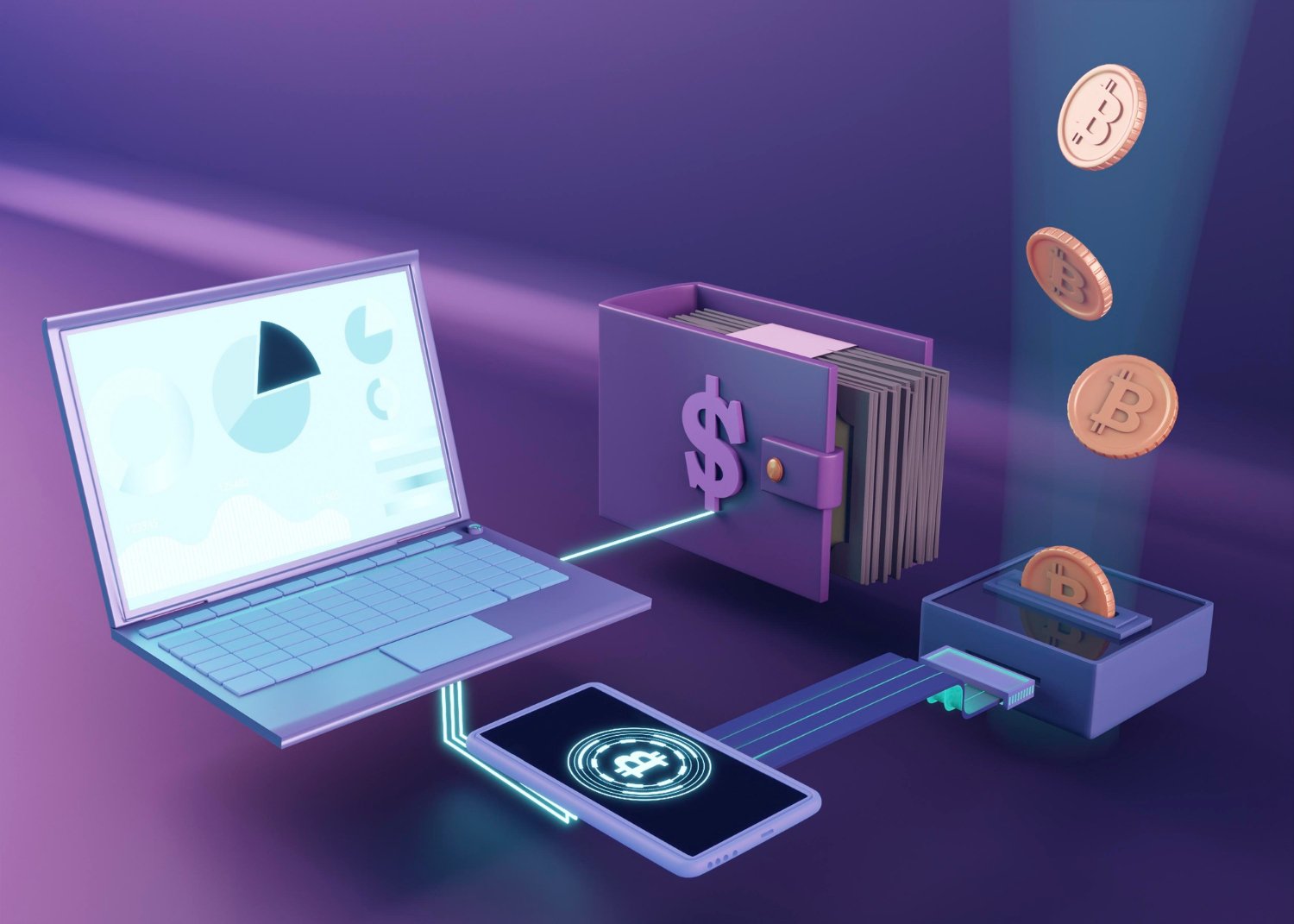
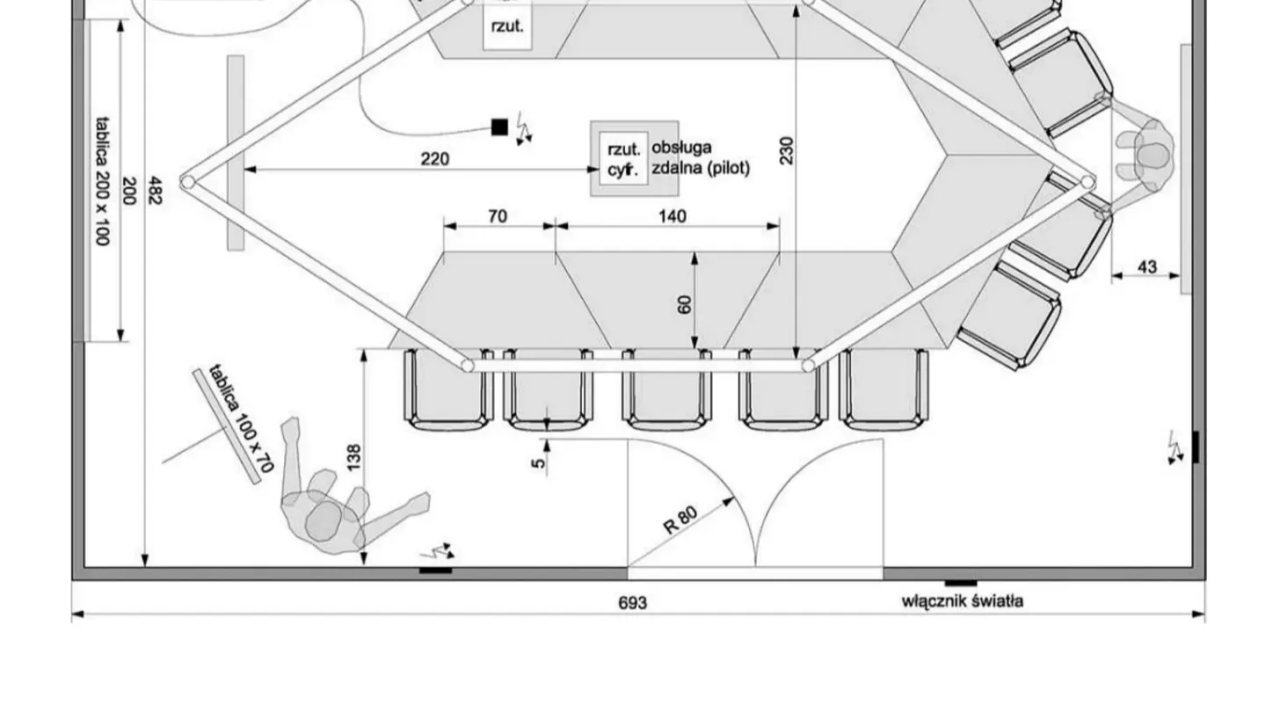
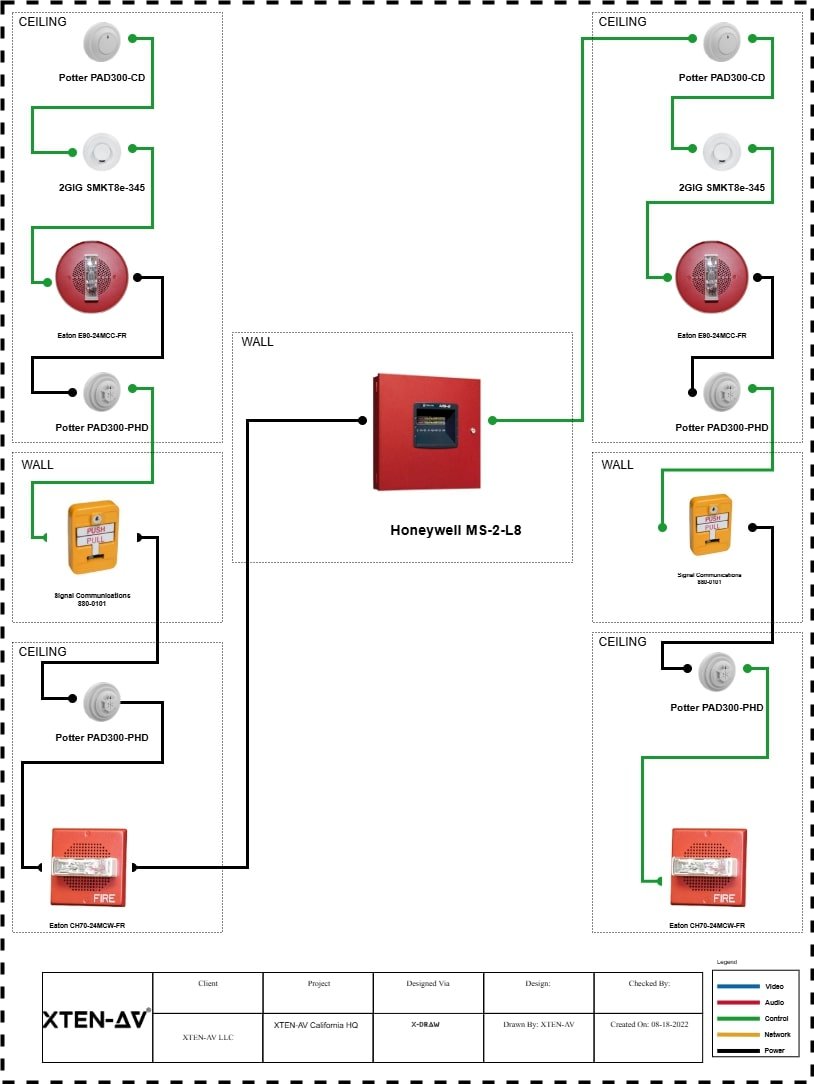

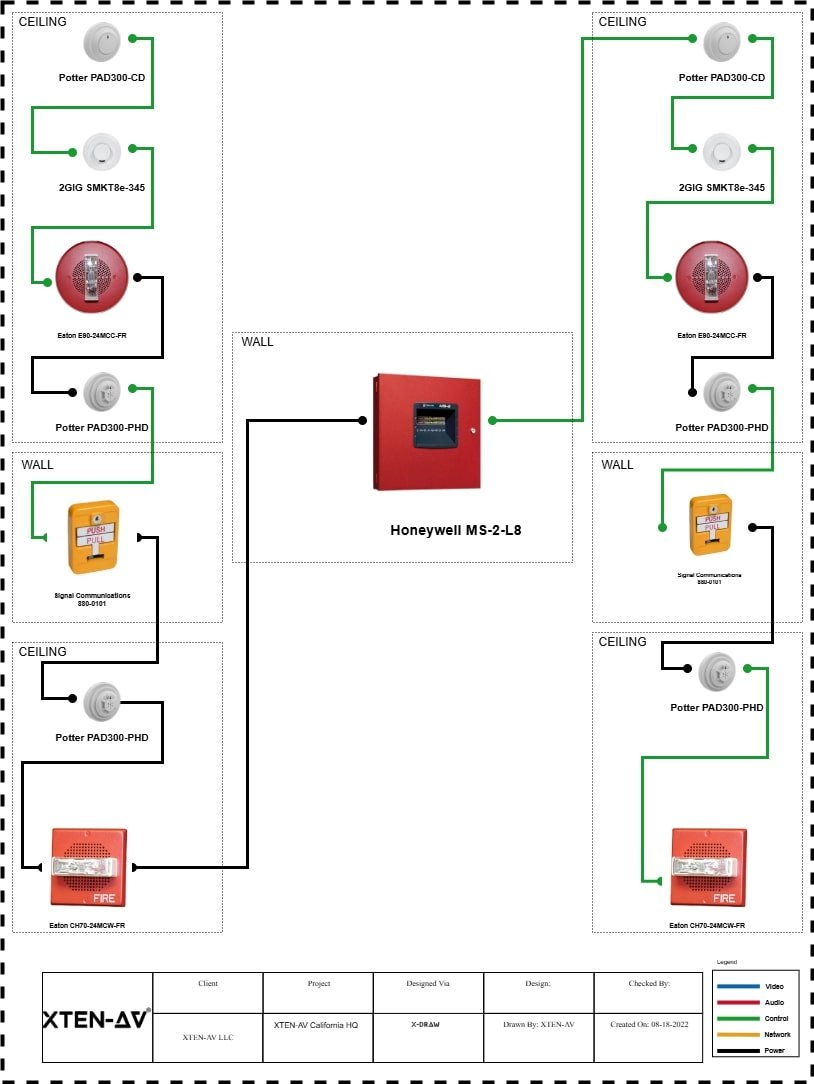


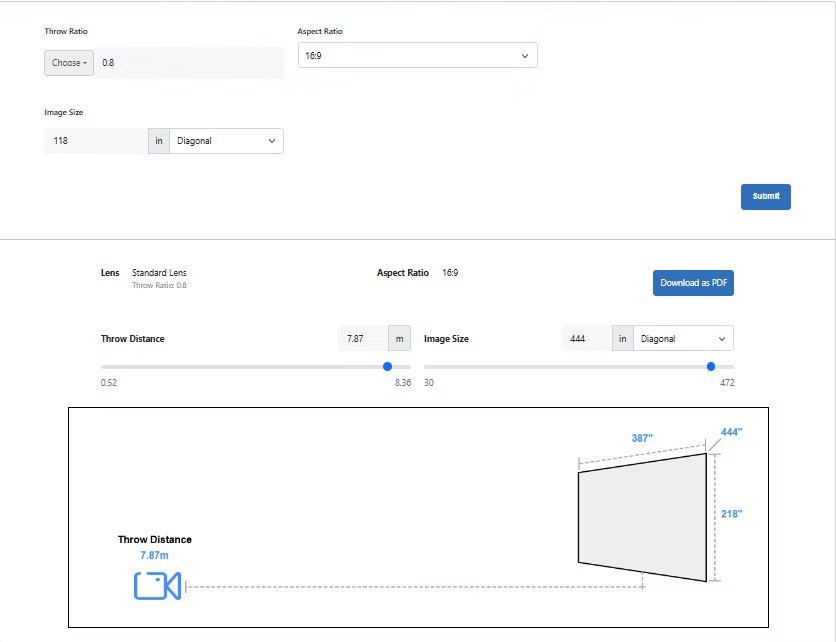




Leave a Reply